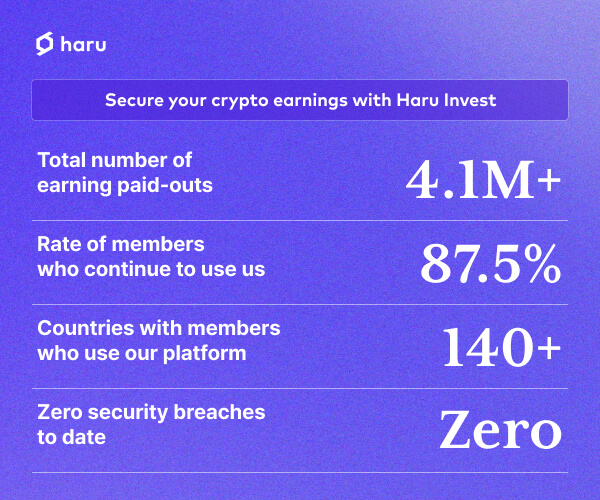The latest episode of the SlateCast, a CryptoSlate podcast that engages with some of the most exciting web3 projects, discussed the topic of safety in Web3 and the creation of tools that help users to be safe when interacting with apps and applications in the world of Web3.
The speakers, Ricardo and the host, Akiba, discussed Ricardo’s company, Web3 Builders, and their mission to make Web3 safe for all. They discussed the importance of end-user security as a barrier to crypto adoption going forward. Ricardo explained that Web3 Builders is laser-focused on building products that keep end-users safe, specifically from scams.
Akiba then introduced TrustCheck, a B2C offering that is a free Chrome browser extension that can be used with any EIP 1193 compliant wallet. TrustCheck intercepts the transaction message when a user is interacting with any Web3 tech and runs an analysis on a series of checks to ensure that nothing is off with the transaction. It also runs a simulation of the transaction to determine the outcome before the user completes it.
In the event that something is off, the user is warned. If nothing is off, all the checks that have been run are displayed to give the user more confidence when interacting and completing a transaction. The host also discussed the improved usability and end-user security and the role of new and early-stage startups in the space. Ricardo believes that usability and end-user security are closely tied together and that the tooling in the space can get users a large part of the way there when it comes to making sure they don’t get scammed. He also mentioned that there are other companies in the space working on anti-scam protection and that it’s a good thing for the industry.
Akiba also raised a question about the role of Trust Check as a centralized entity that decides what is and isn’t okay in terms of Web3 transactions. Ricardo explained that Trust Check doesn’t label anything as a scam but rather warns users to be careful and make sure they trust the website they’re interacting with. He also mentioned that the company is evaluating the possibility of building a mask up to integrate trust and safety as a core feature and value proposition for their customers.
Overall, the podcast discussion highlighted the importance of safety and security in Web3 and the efforts of companies like Web3 Builders to provide tools that can help users navigate this new and complex world. The Trust Check extension specifically is a valuable tool for users looking to protect themselves from scams and ensure their transactions are legitimate.
As the Web3 ecosystem continues to evolve, it’s important for companies to stay on top of changing trends and adapt their tools accordingly to keep users safe.
CryptoSlate makes no endorsement of products mentioned within this article or the supporting podcast. Please do your own due diligence when interacting with any dApp or browser extension.



